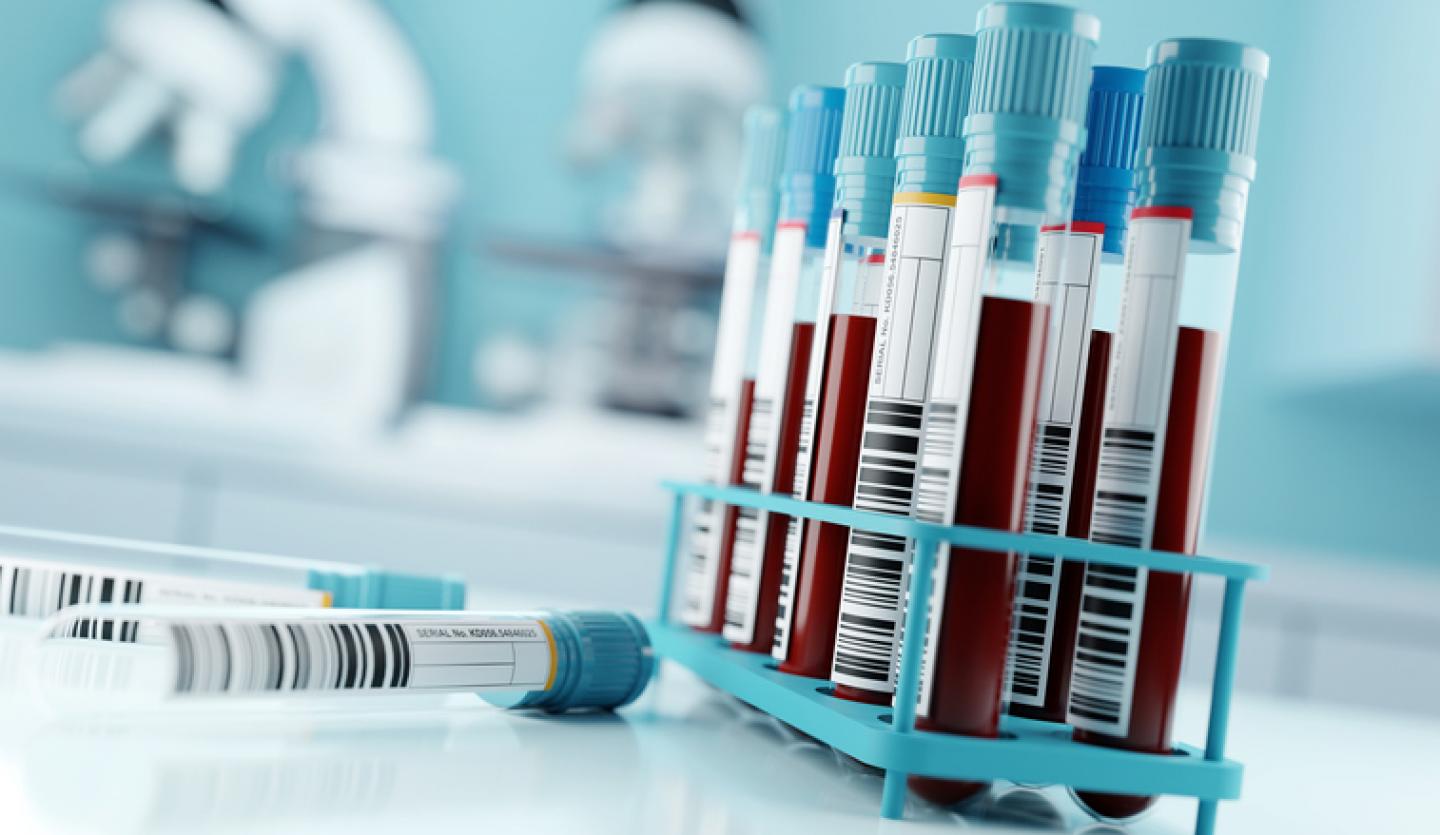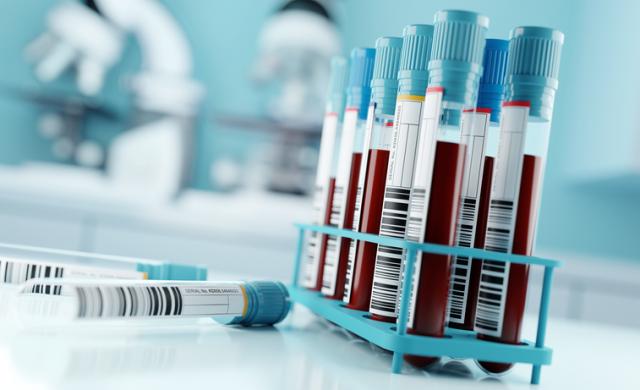"Routine bloodwork gives you and your primary care physician a helpful snapshot of your health,” said Abdul Majid Siddiqui, DO, Catholic Health Physician Partners Primary Care Physician. “You can review and discuss any areas of concern like high cholesterol, nutritional deficiencies and high sugar levels that can lead to complicated medical conditions.”
Dr. Siddiqui noted the importance of keeping up with your annual exams to compare year-to-year bloodwork and address any changes.
What are the most common blood tests?
At your annual exam, you will have blood drawn or your primary care physician (PCP) will write a script to have the blood drawn at a laboratory. A panel measures multiple markers within a sample of your blood. Some of the typical blood panels that your PCP may order include:
Complete blood count (CBC). This test checks the health of all cells in your body through your blood. CBC measures the amount of hemoglobin, white blood cells, red blood cells, hematocrit and platelets. This test can provide markers that help your doctor diagnose several conditions, including:
- Anemia.
- Bone marrow conditions.
- Cancer.
- Infection.
- Nutritional deficiencies.
- Diabetes.
- Kidney disease.
- Liver disease.
Basic metabolic panel (BMP). This test checks specific components in your blood, including electrolytes, glucose, potassium, sodium and creatinine. If any of these components fall outside of normal ranges, this can be a sign of diabetes, kidney disease or a hormonal imbalance.
Complete metabolic panel (CMP.) This test includes everything from the BMP, with the addition of even more components in the blood—such as alkaline phosphate (ALP), bilirubin and albumin. If the values of these components are out of normal ranges, it can indicate a serious health condition like hepatitis or gallstones.
Lipid panel. This test checks the amount of healthy cholesterol (HDL) and bad cholesterol (LDL and triglycerides) in your blood. High amounts of cholesterol in your blood can lead to plaque buildup in your arteries, which can block blood flow and lead to potentially life-threatening situations.
What other blood tests do I need?
“Additional bloodwork depends on your unique risk factors, such as preexisting medical conditions or family history,” said Dr. Siddiqui. “Also, if you have concerns about your health, you may need bloodwork to rule out or diagnose a health condition.”
Your PCP may order one of the following tests:
A1C test. Checks for pre-diabetes or diabetes. The A1C test shows your doctor how well your body processes sugar.
Thyroid function test. Your thyroid gland is a small gland in the front of your neck that creates and secretes hormones that affect virtually all processes throughout your body. Your doctor may order a thyroid function test to check for overactive thyroid (hyperthyroidism), underactive thyroid (hypothyroidism) and other conditions affecting the thyroid gland.
What happens after my bloodwork?
“Your PCP will carefully review all bloodwork results to see if anything is outside normal ranges or if any values have significantly changed since your last bloodwork report,” said Dr. Siddiqui.
He explained that changes in bloodwork values are common. “Try not to worry too much about such changes until you speak with your doctor about the next steps, like additional testing or being referred to a specialist,” he said.
Find Care at Catholic Health
Call 866-MY-LI-DOC (866-695-4362) to find a Catholic Health physician near you.







